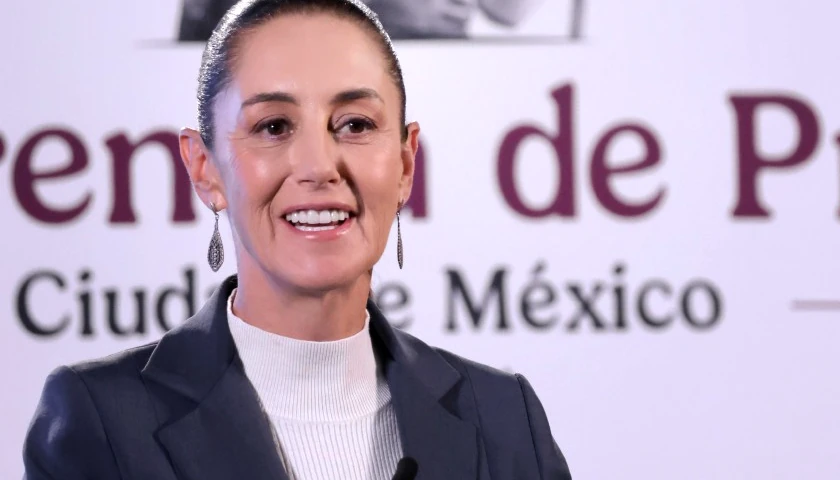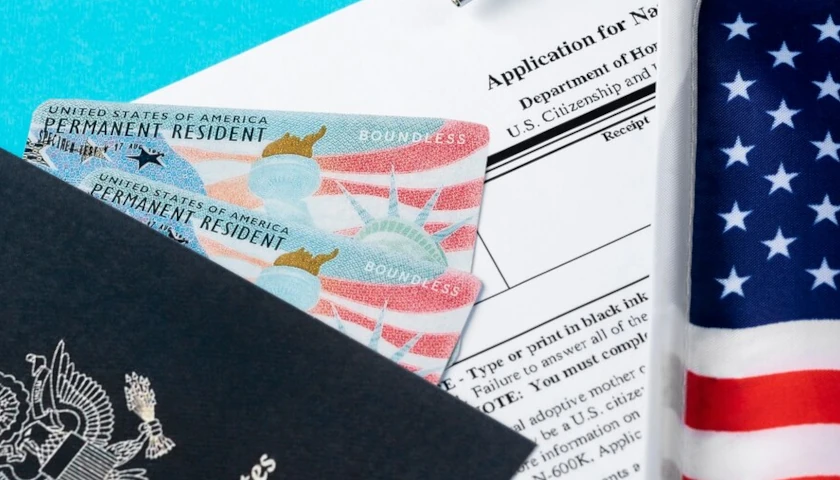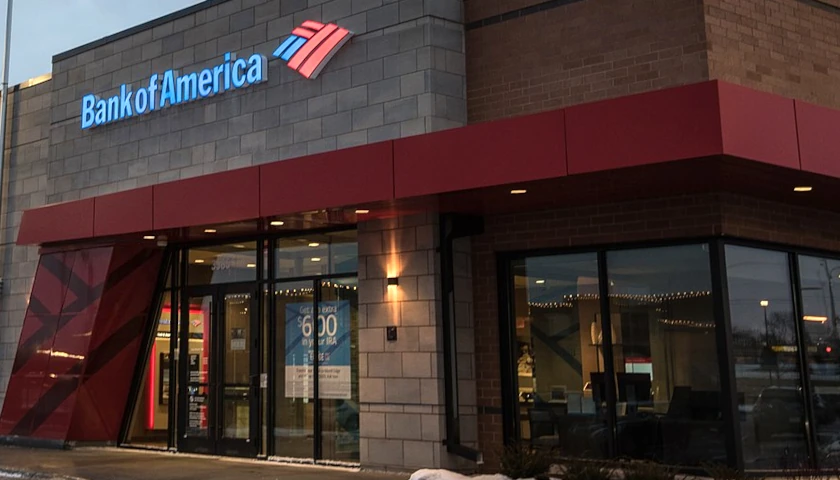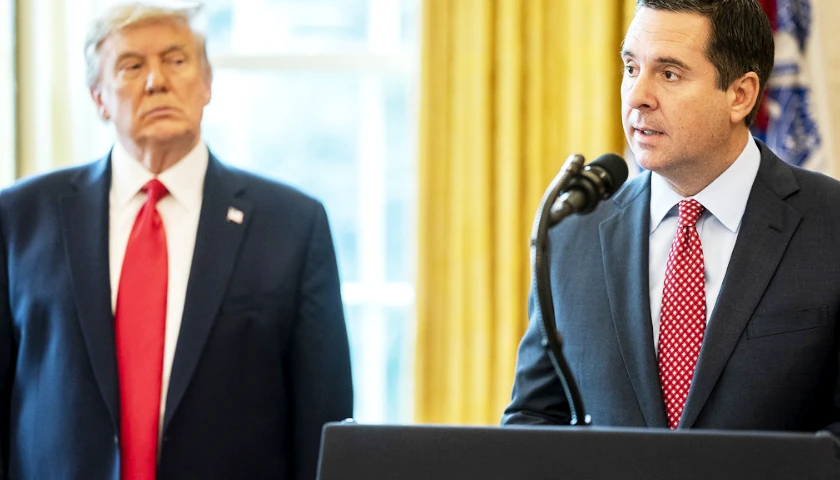Tennessee State Representative Jason Zachary (R-Knoxville) and Senate Majority Leader Jack Johnson (R-Franklin) have proposed legislation that would prohibit America’s largest financial institutions from discriminating against customers based on their religious or political beliefs.
Their bills, HB 2100 and SB 2148, would specifically prohibit banks, insurers and other financial institutions from “denying or canceling services to a person, or otherwise discriminating against a person, based upon the use of a social credit score or other factors.”
Social credit scores were originally conceived in China, where they are used as a compliance tool by the Chinese Communist Party. In 2015, The Daily Caller explained that the scores result from mass monitoring and analysis of citizens, with financial transactions, posts to social media, work history, and travel among the data considered.
The result of the mass surveillance and data gathering, according to the report, allows the government to assign a score that it claims reveals whether an individual is “raising the honest mentality and credit levels of the entire society.”
After almost an hour of testimony by victims of de-banking and banking professionals opposed to the bill, a vote on HB 2100 was delayed until Tuesday’s next meeting of the House Banking and Consumer Affairs Subcommittee.
Before testimony by those supporting the legislation began, Zachary explained an amendment that limits the bill’s enforcement to banks with more than $100 billion in assets, which he further elaborated involves the 28 largest banks in the country.
No examples of de-banking based on political views or religious belief have been reported in Tennessee, the lawmaker revealed, adding, “this only applies to the largest banks” and insurance providers “in the country.”
Testifying in support of the bill, Alliance Defending Freedom Senior Counsel Matt Sharp called the “reputational risk” he claimed banks cite when deciding to de-bank an individual is a “cover for discrimination against consumers due to their religious beliefs and political views.”
Sharp compared modern de-banking over political and religious beliefs to the racist practice of redlining, which was used in the 1940s to segregate neighborhoods.
He raised the case of Indigenous Advance Ministries, a Memphis-based Christian nonprofit that raises money to aid impoverished communities in Uganda, which had its account closed by Bank of America shortly before a scheduled mission trip.
“Consumers need protection from the growing risk of de-banking,” said Sharp.
National Committee for Religious Freedom Senior Advisor Matt Goddard explained that JP Morgan Chase Bank closed his organization’s bank account due to its Christian views and affiliation with the Trump administration.
The organization, founded by former U.S. Ambassador for Religious Freedom and Kansas Governor Sam Brownback, was reportedly given four reasons why their bank was closed.
“Because of the Ambassador’s stature in the political realm, we were able to get publicity for what happened to us,” Goddard explained, revealing that other groups with less ability to generate publicity shared similar stories.
He said, “This has happened to a lot of people, not just the case here in Memphis.”
Ahead of his testimony, Sharp stated in a press release, “Everyone needs access to basic financial services no matter their political or religious beliefs.”
“Banks that are too big to fail are too big for bias. Banks shouldn’t discriminate against people because of their religious or political views. Like the racial redlining of the past, this form of discrimination creates a two-tiered society. That’s wrong, and that’s what this bill seeks to stop in its tracks,” Sharp said.
– – –
Tom Pappert is the lead reporter for The Tennessee Star, and also reports for The Georgia Star News, The Virginia Star, and the Arizona Sun Times. Follow Tom on X/Twitter. Email tips to [email protected].
Photo “Jason Zachary” by Jason Zachary. Photo “Jack Johnson” by Jack Johnson.








